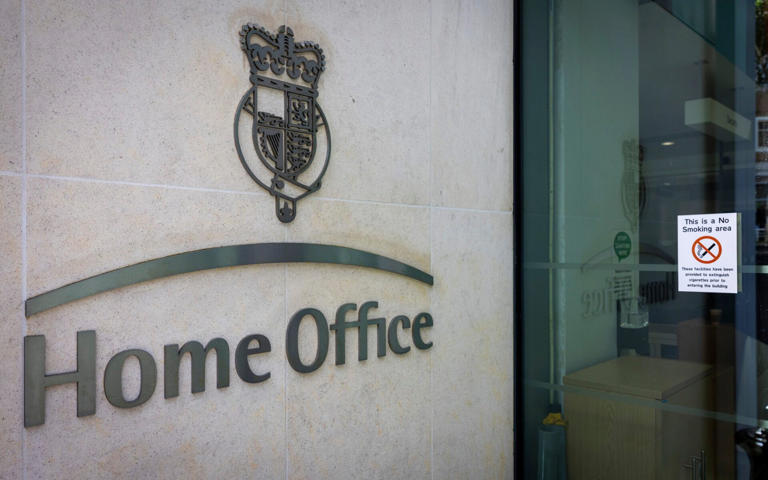By Eniola Amadu
A new watchdog report has found that Home Office contractors are excessively using restraint in immigration detention centres and failing to address the toxic culture within the facilities.
The report titled “By Force of Habit: How the Use of Force in Immigration Detention Has Lost Sight of Necessity and Dignity” was published by the Independent Monitoring Boards (IMB).
The report comes at a time when the administration has vowed to expand immigration detention so it can deport more people.
The report interrogates the state of the prisons and immigration detention centres revealing force being used irregularly, excessively, and without proper grounds, thereby compromising the dignity and wellbeing of highly vulnerable people.
The IMB national chair, Elisabeth Davies, said: “It’s about operational force being used for operational convenience.” stating that she has written “numerous times” to the Home Office citing the frequent use of handcuffs without justified reason.
The report cited examples of restraint IMB is concerned about of which a detainee under close continuous suicide monitoring, who cried out and struggled against being moved, removed his trousers and was transported to the aircraft half-naked. Officers reportedly took turns forcing his head down against the seat.
It also reprinted a note on a detention centre staff whiteboard saying: “Thought of the Day: Handle Stressful situations like a dog. If you can’t eat it or hump it, piss on it or walk away.”
“I think that offers little reassurance,” she said, citing examples of staff culture and advocating for changes in the staff culture.
Another example of a concerning staff culture by the report was an incident where a personal protection trainer told officers: “If someone’s coming at me, I’m going to keep myself safe. I don’t worry about what’s proportionate, I won’t worry about Serco or my job, my priority is to look after myself.”
A representative for Serco, one of the private firms contracted by the Home Office to run detention facilities, stated: “This report is full of unevidenced assertions and unsubstantiated comments which do not reflect our professional training or how we treat people in our care.
“Our officers only use appropriate and proportionate force as a last resort, and the use of force is closely monitored.”
The report also revealed instances where officers failed to calm situations, including an incident in which a man was restrained simply for not standing when told.
“The findings of this report are deeply concerning,” Davies said.
“For the use of force to be lawful, it must be necessary, reasonable, proportionate and justifiable, but what we are seeing is a system where restraint has become routine, oversight is weak, and the dignity of detained individuals is too often disregarded.
Calling for reforms in the staff culture, she stated: “We need meaningful cultural change and robust accountability to protect the rights of highly vulnerable people in detention.
“As national chair, I call on the Home Office to act urgently to strengthen oversight, embed trauma-informed practices, and ensure that force is only used when absolutely necessary.”
A representative for Medical Justice, which supports the health of people in immigration detention, said: “The findings of this report are distressing. The Home Office continues to preside over the dangerous use of force and restraints demonstrating an inexcusable disregard for the safety of vulnerable people in its care.”
Meanwhile a spokesperson for the Home Office stated: “Last week, the home secretary announced the most sweeping reforms to tackle illegal migration in modern times, which will make it easier to remove and deport migrants. As part of this, we are reforming human rights laws and replacing the broken appeals system.
“We will carefully consider the findings in the report. The Home Office reviews all incidents of use of force to ensure that techniques are used proportionately.”



